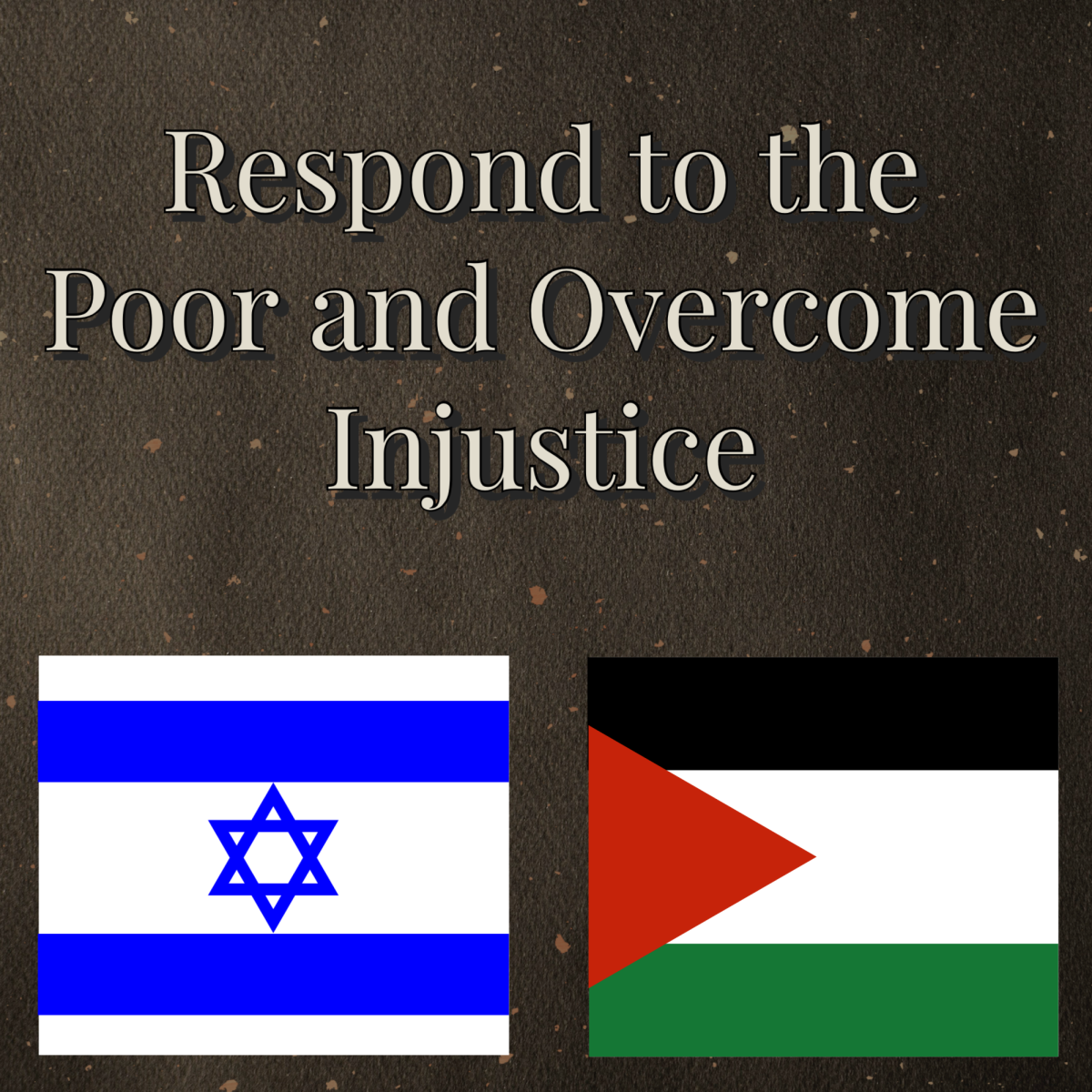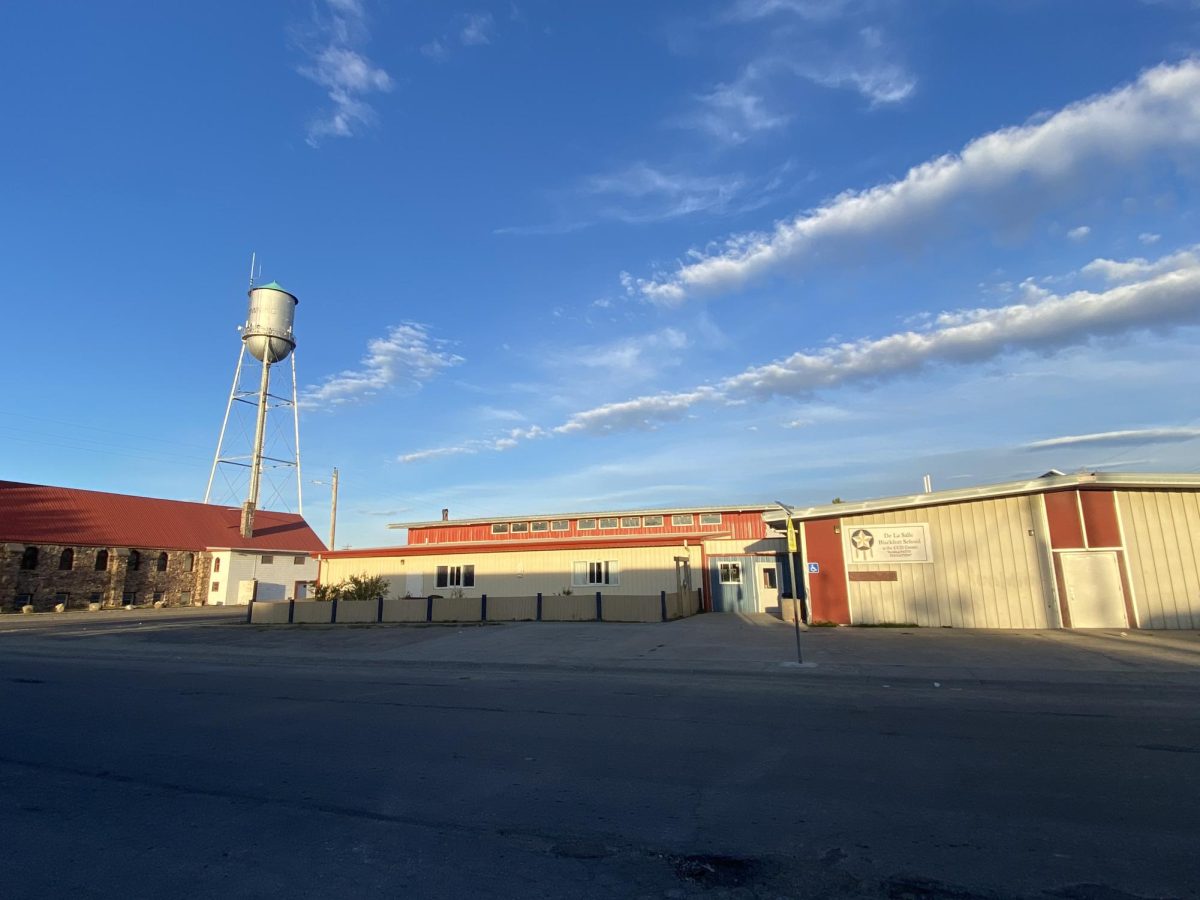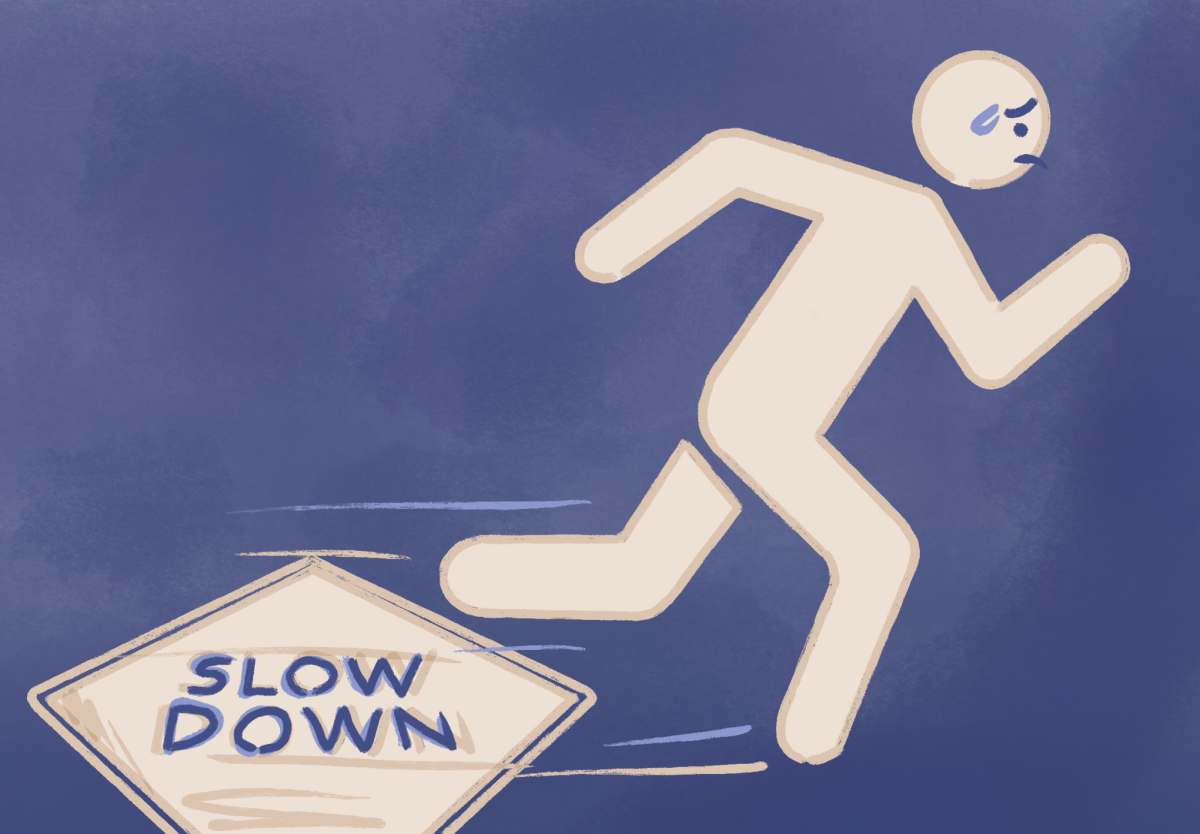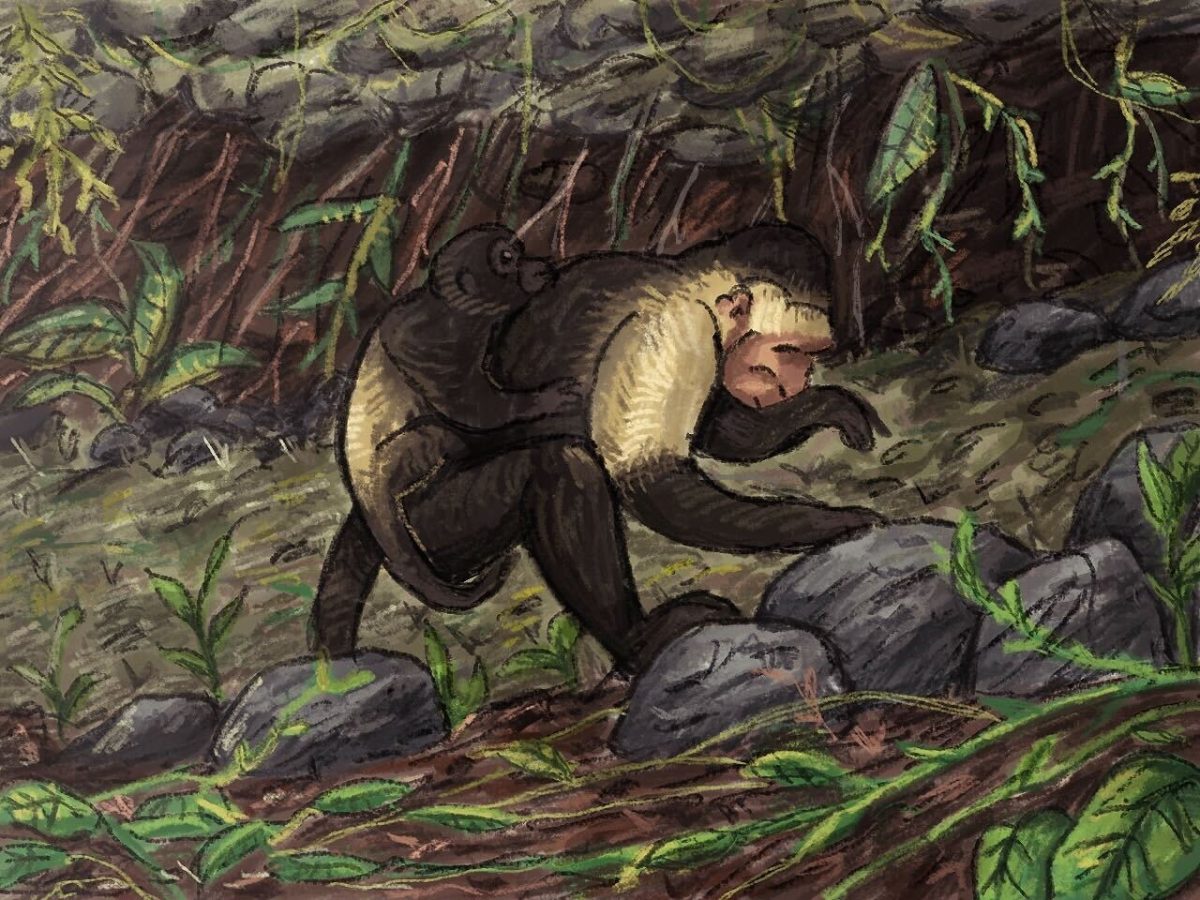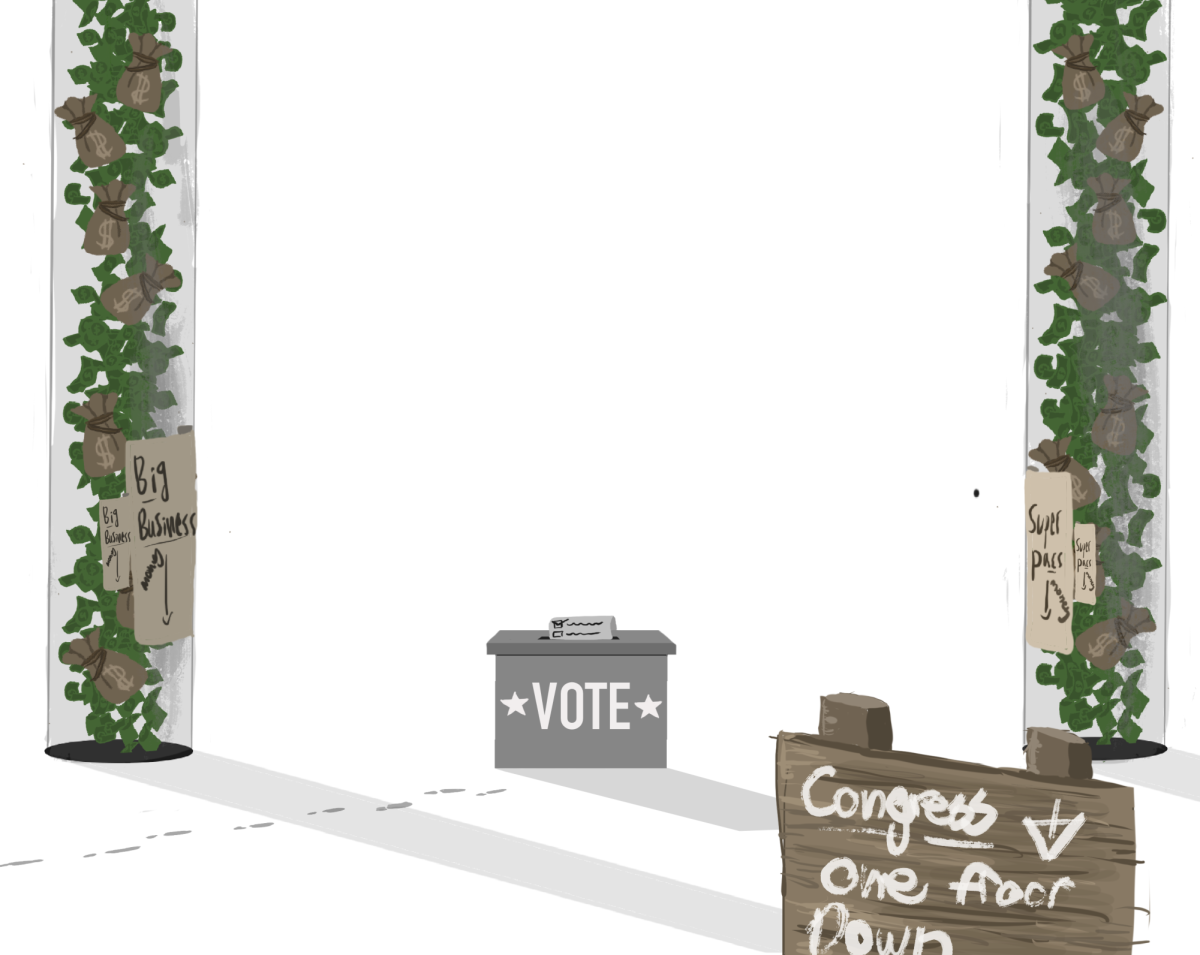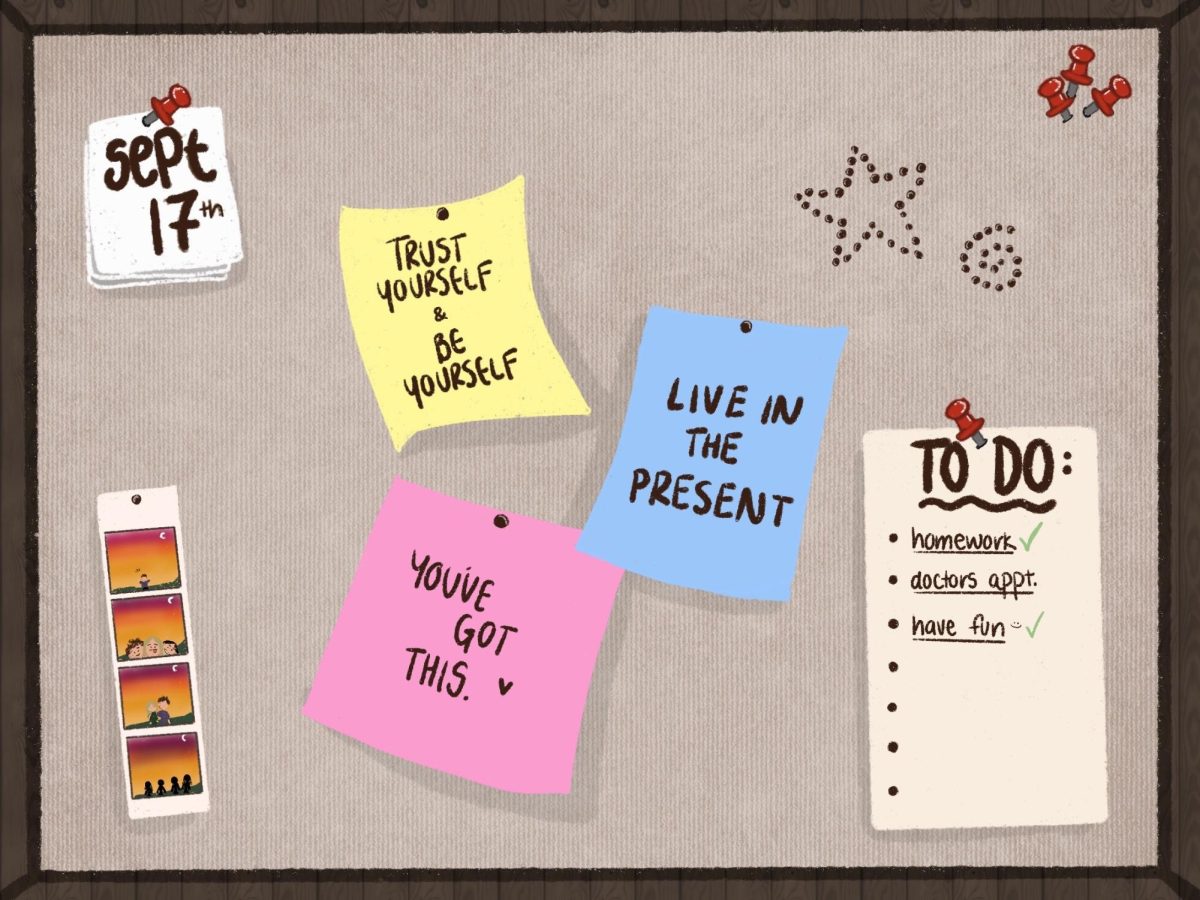27,000 dead. Entire neighborhoods leveled. Approximately 240 civilians taken hostage. And a spiraling humanitarian crisis that threatens to claim more lives from disease outbreak and a lack of clean water.
The war in Gaza has been raging since Oct. 7, and new developments of the conflict have flooded news channels all over the world nearly every night. Social media platforms have become soapboxes for supporters of Hamas, Israel, and Palestine alike. College campuses across the country have emerged as battlegrounds for impassioned students to protest for their respective side, whether peacefully or not.
In a world where it takes mere seconds to share a video from the war zone in Gaza to the Instagram feed of a teenager in America, it should come as no surprise that Generation Z has been flooded online with information and misinformation about the war and those involved.
The war in Gaza is a complex issue with deep historical roots, but here is a summary of the most important events from the war. This current conflict all began because of a brutal, unforeseen attack Hamas launched into Israel from the Gaza Strip on Oct. 7, which claimed the lives of approximately 1,200 people, most of which were Israeli citizens. A main focus of the attack was a music festival in Israel, where Hamas militants viciously massacred festival goers. Hamas also took 240 people hostage during the attack. The decision to attack on Oct. 7 was particularly crushing because the day is a Jewish holiday, Shemini Atzeret. In immediate retaliation, Israel declared a state of war and launched a full air and ground assault on the Gaza Strip.
Since then, a myriad of relentless air strikes have decimated Gaza, creating a devastating humanitarian crisis for the Palestinian people caught in the crosshairs. Children have suffered greatly due to the war, with reportedly 10,000 Palestinian children killed since Oct. 7. Hamas has been hesitant to release hostages, which has only fueled Israel’s anger. This war has been especially tumultuous for civilians in the line of fire, with aid to Gaza initially being restricted by Israel and paths out of the region blocked. The back and forth between Israel and Hamas hasn’t led to any solutions, with ceasefires sparse and relatively futile.
Today marks the 123rd day of the war, with more than 27,000 dead and 75% of Gaza’s population displaced.
At La Salle, the war hasn’t necessarily been a hot topic among students. While a prayer service was held for the victims of the war, and the conflict has been occasionally mentioned in the morning announcements, there just isn’t much talk going around about Gaza. In my experience, it isn’t routinely mentioned in all social studies or religion classes — with the exception of Lasallian Ministry — and in depth discussions haven’t found their way to campus just yet. While some students have shared extensively about the conflict on Instagram, that activism hasn’t fully transferred into the physical world yet.
I believe this should change.
As Lasallians, we have a duty to show concern for the poor and vulnerable, and to take action against injustices, no matter where in the world they occur. In fact, on our school’s website, the Core Values are listed and explained as a central aspect of our school’s mission. Given this, La Salle students should feel compelled to inform themselves about the war, and look into what they can do to raise awareness about it and help the innocent victims affected by the senseless violence.
While this sounds easy in theory, talking about the war and the victims may be tricky given the precarious political landscape enveloping this war and our country. The war in Gaza is an incredibly politically-influenced conflict, and anyone observing this has been prodded to pick a side, to pledge their allegiance to one group of people or another. While we are surely within our rights to support whomever we desire, we as Lasallians should pay special attention to the innocent lives lost in the war, and put less weight into supporting Hamas or Israel.
Neither Hamas nor Israel is absent of guilt and the responsibility for the lives lost and neither of these groups should be held fully accountable for the savage terror that has engulfed Gaza and the West Bank. Both have contributed to the destruction, refused to back away when the situation escalated, and made decisions that placed their own motives above innocent civilian lives.
Taking this issue into a broader perspective, the La Salle Superior General, Brother Armin A. Luistro, released a letter responding to the war and encouraging the global Lasallian community to stand with those who are suffering due to the violence of the war. The Superior General is the global leader of Lasallian brothers, schools, and organizations, so this letter should be of utmost importance to us as a school. We have a direct calling to “commit ourselves to non-violent measures towards seeking peace and justice.” Additionally, Brother Armin highlighted the Lasallian Core Value of concern for the poor, saying, “We lift up the ‘cry of the poor,’ and the many innocent lives lost across ethnic and religious backgrounds.”
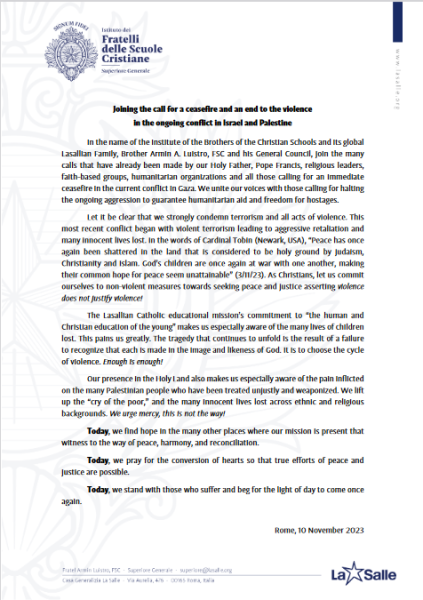
This is a clear message: We, as Lasallians, have a duty to be outspoken about the injustices of the war in Gaza, and proactive about the protection of all innocent lives, regardless of race, religion, or political background. We cannot afford to stand silently while this raging war takes thousands more lives.
Finding a way to help the victims of the war is relatively straightforward, as there are several reputable humanitarian organizations on the ground in Gaza and the West Bank who could use support. These organizations have been helping all victims of the war and have no political or government affiliations.
If you want to learn more about these organizations, here are their websites:
Project Hope is a global health and humanitarian aid organization with boots on the ground in Jerusalem and Gaza.
The International Rescue Committee aims to help “survive, recover, and rebuild” the lives of those affected by humanitarian crises.
Lastly, Doctors Without Borders provides “independent, impartial medical humanitarian assistance” to all those who need it.
Alternatively, you can support these organizations by following them on social media and sharing their posts to raise awareness about the conflict in Gaza and the work they are doing to respond. While financially supporting organizations is a big help, garnering attention for these organizations and informing those around you about their mission is equally as helpful.
Any effort and intentional action you put towards this cause is noble, and most importantly, a reflection of the core Lasallian values we hold in such high esteem.


